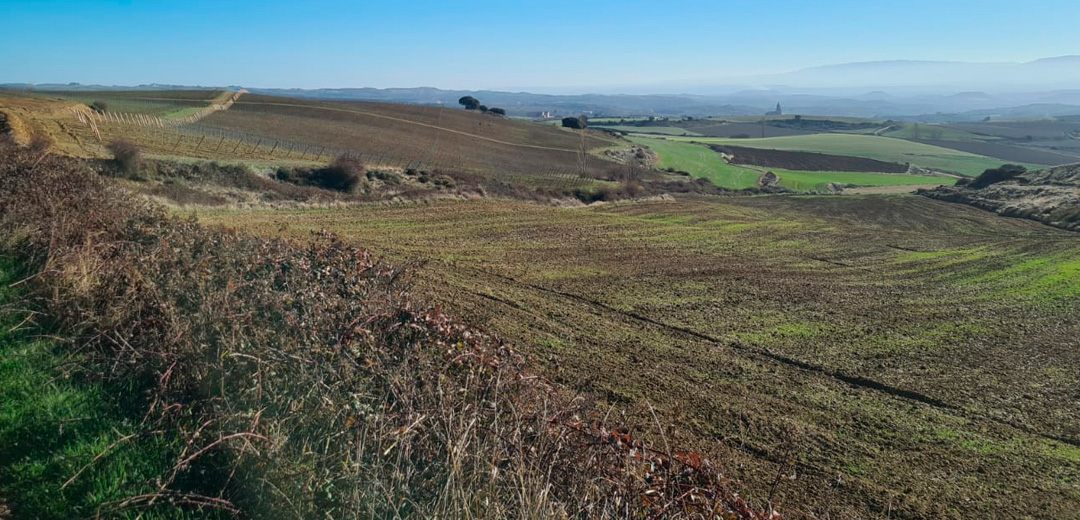
Finca La Tejería, in the foothills of Sierra Cantabria
16 January 2023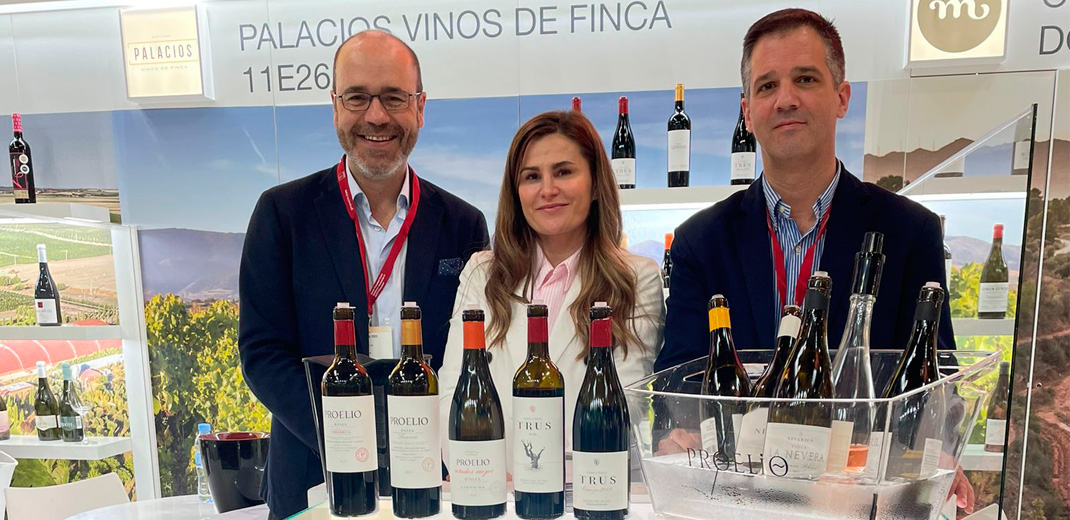
Prowein, the best showcase for Palacios Vinos de Finca
27 March 2023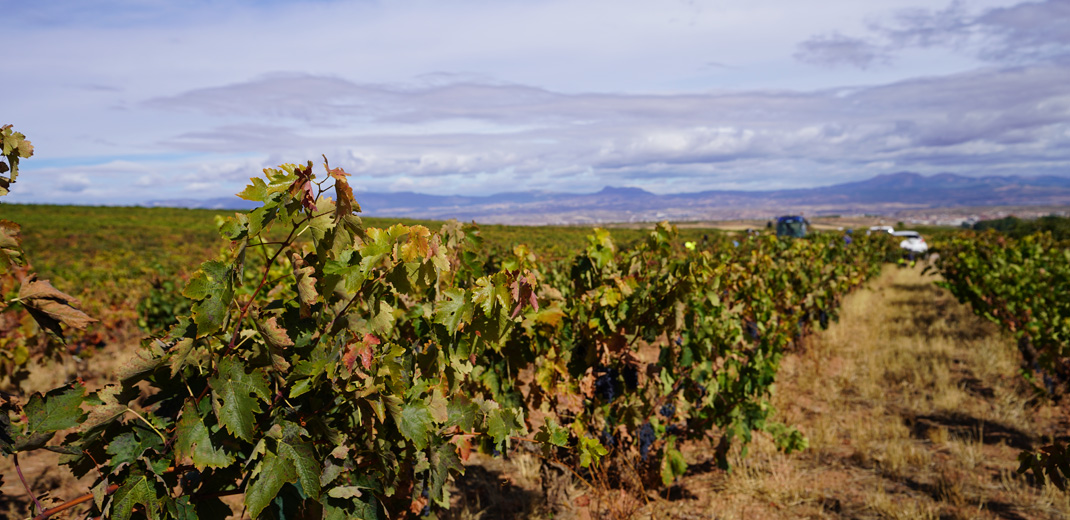
The land is at the centre of everything at Palacios Vinos de Finca. A motto engraved with fire. A philosophy intrinsically linked to the DNA of our wines. Terroir, our obsession in the three wineries: Proelio, Nivarius and Trus. Two regions, Ribera de Duero and Rioja; terroirs of great wine-making tradition with their own personality.
Knowing the land, studying the plots in detail to be able to carry out a measured agriculture in them, with which we obtain the maximum expression of the plant and give us the best possible wines in each estate. That is our objective. The soil, therefore, is essential to us. A unique mosaic that forms part of our history and that allows us to "play" in the production of our wines, linked to their origin and with their own personality.
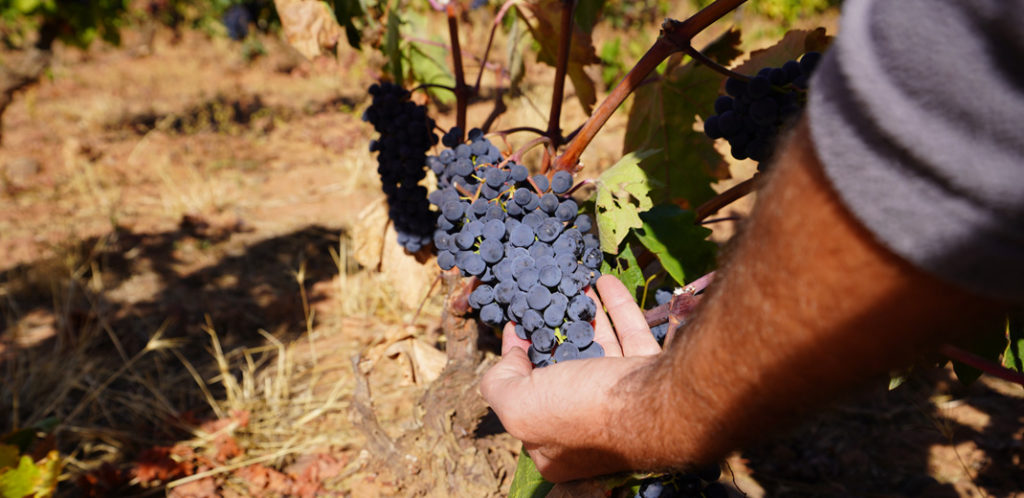
What we seek is the authenticity of each area and within that authenticity, the varieties that best represent the soil typology. Hence the tempranillos from Sonsierra or the viuras or garnachas from Najerilla. The reason is very clear: we pursue that magical combination of soil-variety, zone-variety.
We try to explain in each wine the soil it comes from. That is to say, in each area there is a soil typology and it is this typology that will give us the type of wine, which, as a general rule, is adapted to the variety.
At Proelio, for example, we base our existence on the search for little explored territories, where we work in a traditional way and respecting the soils, which are the main axis of our wines. At Proelio, the terroir comes first.
Precisely, this need to find gifted territories has led us to our new estate, located at the foot of Sierra Cantabria. It is dominated by sandy-loamy soils with a lot of lime, perfect for growing the Tempranillo variety.
At Nivarius, our exhaustive knowledge of the terroirs of La Rioja is the basis of our philosophy of making unique and singular white wines. And that same philosophy of searching for unique terroirs offers us the best interpretation of the potential of Rioja whites located in cool, high altitude areas.
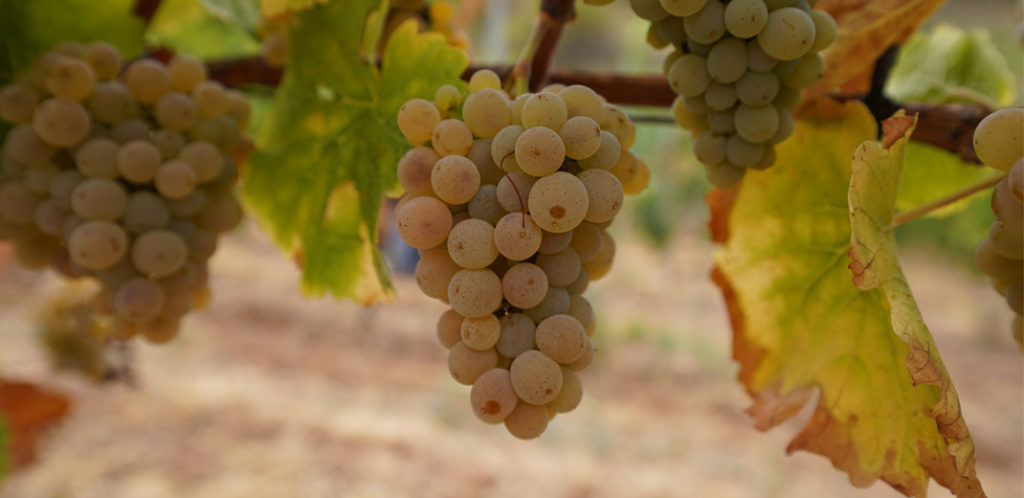
This enhancement of terroir is also a fundamental pillar at Trus, in Ribera de Duero, where we work with a single variety, Tempranillo. This is why it is so important to detect and identify micro-terroirs of excellent quality, because you have to know what happens below to understand what happens above. It is the soil that will form the skeleton of the wine and the vintage that will mould that skeleton.
Differences between Rioja and Ribera de Duero
In Rioja, the soils from the Ebro area to the north are mainly of tertiary origin. What does this mean? That they are old soils, the degradation of the parent rock. In the Ebro area towards the south, however, they are of Quaternary origin, with greater accumulation of the Iberian system, and within these soils there is degradation of this accumulation.
In contrast, Ribera de Duero, in the end, is a valley within a plateau, with the same nature. And on both sides of the river, the geological component is very similar.
The soil, it is obvious, will define the characteristics of the wine that will come out of its vineyards. However, the data we work with, once we have analysed our plots, will help us to choose vineyards that are exceptionally well suited to viticulture.
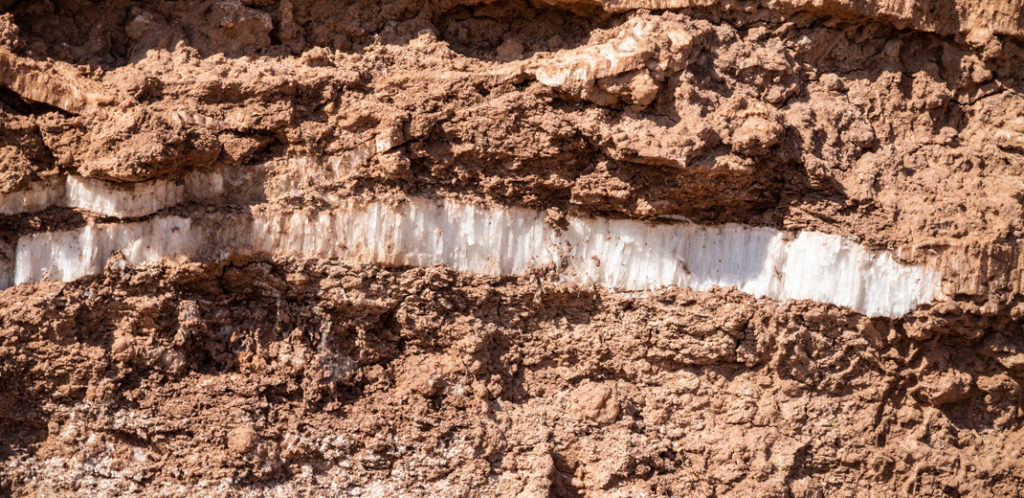
Regenerative agriculture
At Palacios Vinos de Finca we work in a logical rather than ecological way. It seems that organic farming has become fashionable, but we go one step further to care for and preserve the structure of the soil. How do we do it? By means of regenerative agriculture, that is to say, we look for fertility and balance in a natural way, without any kind of input. We incorporate plant covers, especially different types of grass, into very damaged soils, where organic matter will be generated and we will gain a BETTER soil structure and self-fertilisation.
A balance with nature that can also be seen in our commitment to very cool areas at high altitudes. Concerned as we are about climate change, we seek that freshness in a natural way in the grapes, obtaining the drinkability that characterises our wines.
